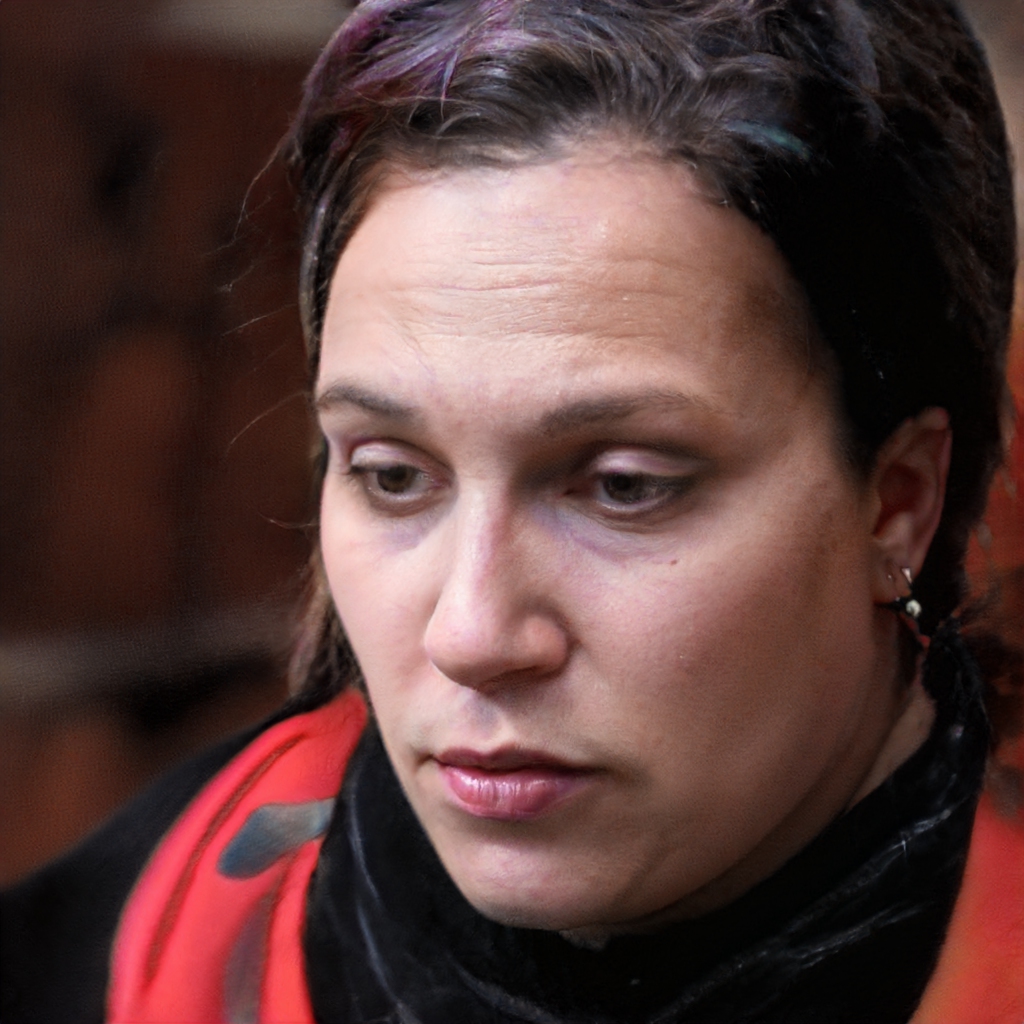Lambda calculus is a formal system for function definition, application, and recursion. It is the theoretical basis for functional programming languages such as Scheme, ML, and Haskell. The lambda calculus was invented by Alonzo Church in the 1930s as a way to formalize mathematical reasoning. The lambda calculus has two parts:
The first part is a way to define functions. A function is a mapping from one set of values to another. In lambda calculus, a function is defined by giving a name to the function (called an "identifier"), and a list of the function's arguments. The body of the function is an expression that specifies what the function does.
The second part of lambda calculus is a way to apply functions. Given a function and a list of arguments, the application applies the function to the arguments. The result of the application is the value that the function returns.
Lambda calculus is a powerful tool for reasoning about programs. It can be used to prove the correctness of programs, and to design new programs.
Is lambda calculus difficult?
Lambda calculus is a mathematical formalism that can be used to describe computations. It is not, strictly speaking, a programming language, but it can be used as a tool for reasoning about programs.
Lambda calculus is based on the simple idea of function application. A function takes an argument and produces a result. For example, the function f(x) = x + 1 takes the argument x and produces the result x + 1.
Lambda calculus is a formalism that is capable of expressing all computable functions. It is therefore very powerful, but it can also be difficult to understand and work with.
Why is lambda calculus called calculus?
Lambda calculus is a formal system for expressing computation. It is called "calculus" because it is based on the idea of function composition, which is fundamental to calculus.
Lambda calculus consists of three parts:
1. Lambda terms, which are expressions that can be evaluated to produce a result.
2. Lambda functions, which are mathematical functions that take one or more lambda terms as input and produce a lambda term as output.
3. The evaluation rule, which specifies how to evaluate a lambda term.
Lambda calculus is powerful enough to express any computable function, and it is the basis for many programming languages, including Lisp, Scheme, and Haskell. What does λ mean in math? In mathematics, lambda is a letter in the Greek alphabet. It is often used in mathematical notation to represent a function. For example, the lambda calculus uses lambda to define functions. In set theory, lambda is used to define ordered pairs.
Is lambda calculus worth learning?
Yes, lambda calculus is definitely worth learning. It provides a powerful and concise way to express computations, and the concepts it introduces (such as higher-order functions and recursion) are widely applicable in programming. Moreover, understanding lambda calculus can help you to better understand the underlying principles of programming languages and how they work. What is lambda formula? A lambda formula is a mathematical formula that defines a function. In programming, a lambda function is a function that is defined without a name. Lambda functions can be used to create anonymous functions.
